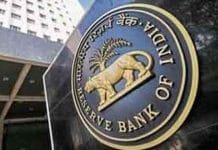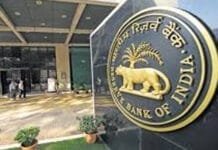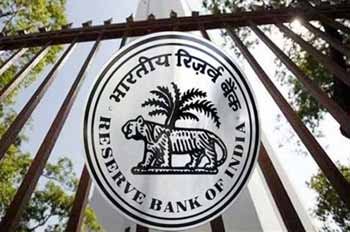INVC NEWS
New Delhi : The RBI provides a comprehensive study on the medium and long-term ramifications of reintroducing the Old Pension Scheme. Find out why experts are urging states to reconsider. Dive deep into the RBI’s exploration of the fiscal landscape that states may encounter with the reimplementation of the Old Pension Scheme. Discover the economic intricacies here .
RBI Raises Concerns Over the Re-Implementation of the Old Pension Scheme
In a recent development that is causing ripples in financial circles across the nation, the Reserve Bank of India (RBI) has voiced its apprehensions regarding the reimplementation of the Old Pension Scheme (OPS) by various states in India. The esteemed officials of the RBI have illuminated the potential ramifications of this change in a meticulously researched article. We delve deep into this profound revelation to comprehend the full scope of this decision.

Analysis by Renowned Economists
Government of India established Pension Fund Regulatory and Development Authority (PFRDA)- External website that opens in a new window on 10th October, 2003 to develop and regulate pension sector in the country. The National Pension System (NPS) was launched on 1st January, 2004 with the objective of providing retirement income to all the citizens. NPS aims to institute pension reforms and to inculcate the habit of saving for retirement amongst the citizens.
Tracing the Roots of the New Pension Scheme
More than a decade ago, the NPS was instituted as a pivotal part of the pension reforms aimed at sustaining the financial ecosystem of the country. It is critical to note that the insights presented in the research paper are independent and do not echo the official stance of the RBI.
Revisiting the Features of the Old Pension Scheme
The OPS, characterized by defined benefits (DB), stands in contrast to the NPS that operates on defined contributions (DC). While the short-term allure of the OPS cannot be denied, it brings along a spectrum of medium to long-term challenges. The ephemeral reduction in the states’ pension expenditures might seemingly justify the transition to OPS, yet this would be at the cost of escalating unfunded pension liabilities in the future.
States Making the Monumental Shift
Recent announcements have spotlighted Rajasthan, Chhattisgarh, Jharkhand, Punjab, and Himachal Pradesh as the states eager to transition from the NPS to the OPS. This transition is perceived to be a considerable retrogression that could amplify fiscal pressures to unsustainable levels in the forthcoming years.
The Immediate Benefits and Future Impediments
The states reverting to the OPS would initially be exempted from the obligation to fund the NPS contributions of the current workforce. Despite the instantaneous fiscal relief, it is projected to exert ‘severe pressure’ on the financial frameworks of these states in the times to come.
A Comprehensive Financial Outlook
An in-depth financial analysis suggests that the states would merely save 0.1% of the Gross Domestic Product (GDP) annually in pension expenditures by 2040 through this reversion. Post-2040, the pendulum swings the other way, necessitating an enhanced spending equivalent to 0.5% of the annual GDP on pensions.
The Global Perspective on Defined Benefit Schemes
The global canvas presents a grim picture where many developed nations with previous DB schemes have grappled with spiraling public expenditure, attributed largely to increased life expectancy and changing demographic dynamics. These nations have been propelled to reassess their pension paradigms, steering away from fiscally unsustainable paths.
Conclusion: A Call for Prudent Decision-Making
In light of the above, it emerges unequivocally that a return to the OPS would be fiscally unsustainable for the states, despite the immediate decline in pension expenditures. The article serves as a clarion call urging states to weigh the long-term financial ramifications meticulously before embarking on this path.
It is paramount for the states to foster a sustainable economic environment that can stand the test of time. The transition to the OPS seems to defy this principle, paving the way for financial instability in the medium to long term. The research conducted by eminent economists under the aegis of the RBI sheds light on this pressing issue, urging stakeholders to tread this path with caution and foresight.
The states are at a critical juncture where the decisions made today will resonate in the financial landscapes of tomorrow. It is incumbent upon the state governments to critically evaluate the merits and demerits of the OPS before making a monumental shift that has far-reaching implications. The financial stability of the states hangs in the delicate balance, and it is the call of prudence that should guide the way forward, ensuring a stable and prosperous future for the citizens of India.










